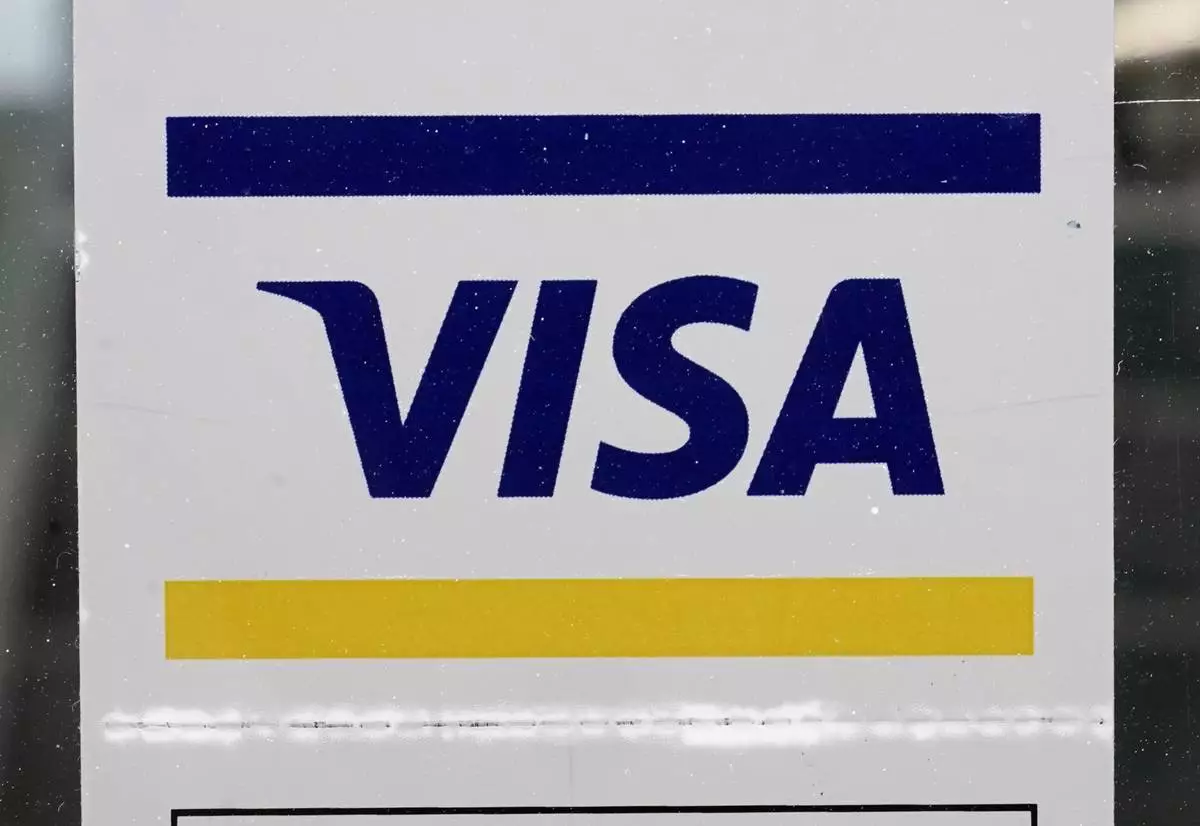The government is committed to promoting the development of financial technology in Hong Kong, strengthening the competitiveness of its financial services sector and accelerating digitalization.
Video screenshot from news.gov.hk
To support the government’s strategy, Invest Hong Kong actively supports companies in the sector to establish or expand their business in Hong Kong.
In the first eight months of this year, the department helped 59 fintech companies from 12 economies, including mainland China, the United States, France, Singapore, Canada and the United Kingdom. This represents a 44% increase in the number of businesses compared to the same period in 2023.
Video screenshot from news.gov.hk
Technical basis
King Leung, Global Head of Financial Services, Fintech and Sustainability of Invest Hong Kong, described this as great news for Hong Kong, with companies bringing investment and employment opportunities to the city, in addition to helping to develop its pool of fintech expertise.
He noted that a major digital banking company based in Shenzhen has set up its headquarters in Hong Kong and plans to invest $150 million.
Mr Leung pointed out that as an international financial hub, Hong Kong has thousands of companies spanning different sectors, making it the most fertile ground for a business-to-business financial technology market.
Ideal choice: Henry Chui, Head of Private Wealth APAC and Hong Kong office of Partners Group, highlights that Hong Kong is the largest wealth center in the Asia-Pacific region and opening an office in Hong Kong was crucial for the company. Source from news.gov.hk
Foreign investment
Switzerland-based global private equity firm Partners Group, which manages $150 billion in assets, has also chosen to open its new office in Hong Kong, with a view to further expanding its operations in the Asia- Peaceful.
Henry Chui, head of private wealth management for APAC and Hong Kong office, believes that developing the company’s private wealth management business in Hong Kong was a crucial step, as the city is the most major wealth center in the Asia-Pacific region, with 2,700 family offices and more than 12,000 ultra-high net worth individuals.
Mr. Chui also highlighted that with its global talent and unrivaled infrastructure, Hong Kong was the ideal location for the company to develop and expand its talent pool.
Not to mention Hong Kong’s proximity to the mainland.
“This is a great springboard for us to grow our business and expand into the Greater China region,” he added.
Invest Hong Kong believes that as an international financial center, Hong Kong offers a strong regulatory environment, as well as ample business opportunities and financial support, making it the ideal location for fintech and finance development. digital. There are around 1,000 fintech companies in Hong Kong, covering various sectors.
Looking ahead, the ministry highlighted that there are three major trends worth monitoring.
First, Hong Kong, as the second largest cross-border wealth management center in the world, has attracted many wealth technology companies.
Fintech Ecosystem: King Leung, Global Head of Financial Services, Fintech and Sustainability of Invest Hong Kong, says the department has supported 59 fintech companies to set up or expand their business in the city in the first eight months of 2024, thereby helping to develop Hong Kong’s fintech pipeline. skill. Source from news.gov.hk
Second, the government’s policies on promoting digital assets, including Web3 and blockchain, encourage relevant companies to expand their businesses in Hong Kong. The digital assets and blockchain segments have been the fastest growing segments for Invest Hong Kong over the past two years.
Third, in addition to fintech, a sub-segment called green fintech has become a major focus of future development, given that Hong Kong is also a leading international hub for finance and green technology.
Promote financial technology
A series of events focused on the development of fintech in Hong Kong will take place throughout this month, including Hong Kong FinTech Week 2024.
Themed “Lighting New Paths in FinTech,” the event will take place from October 28 to November 1 and is expected to attract around 30,000 participants from over 100 economies.
NEW YORK (AP) — Your wallet might soon get thinner.
Visa on Wednesday announced major changes to how credit and debit cards work in the United States in the coming months and years.
The new features could mean Americans will have fewer physical cards in their wallets and make the 16-digit credit or debit card number printed on each card increasingly less relevant.
These will be the biggest changes to how payments work in the United States since the United States introduced chip-embedded cards several years ago. They also arise because Americans have many more options for paying for purchases beyond “credit or debit,” including buy now, pay later businesses, peer-to-peer payment options, direct payment with a bank or digital payment systems like Apple Pay.
“I think (with these features) we’ve passed the point where consumers will never need to manually enter an account number again,” Mark Nelsen, global head of consumer payments at Visa, said in an interview.
The biggest change coming for Americans will be the ability for banks to issue a single physical payment card that will be connected to multiple bank accounts. This means that there is no longer a need to carry, for example, a Bank of America or Chase debit card along with their respective credit cards in a physical wallet. Americans will be able to set criteria with their bank, such as having all purchases under $100 or from a certain merchant applied to the debit card, while other purchases will be made by credit card.
The functionality, already used in Asia, will be available this summer. Buy now, pay later Affirm is the first Visa customer to deploy this feature in the United States.
Some of Visa’s new features address online payment fraud, which continues to grow as more countries adopt digital payments. The San Francisco-based company estimates that payment fraud occurs about seven times more often online than in person, and that criminals now have billions of stolen credit and debit card numbers.
Other new elements also respond to features rolled out by non-payment companies in recent years. The Apple Card, which uses Mastercard as its payment network, does not come with a printed 16-digit account number and Apple Card users can request a new credit card number at any time without having to to get rid of the physical card.
Visa executives envision a future in which banks issue cards whose 16-digit account numbers, if the new cards come with them, will be largely symbolic.
Other updates revealed by Visa include changes to Tap-to-Pay features. Americans will be able to connect their credit or debit card to their smartphone to add the card to their mobile wallet, instead of using a smartphone’s camera to scan a card’s information, or tap the card on their smartphone to approve an online transaction. Visa will also begin implementing biometrics to approve transactions, similar to how Apple devices use a fingerprint or facial scanner to approve transactions.
It will take time for the features to be delivered to banks, who will decide when and what to implement for their customers. But because banks and credit card companies are Visa customers and issue cards with the Visa label, these are features that financial institutions are demanding.
FILE – A Visa sign is posted on the front door of a local business, April 27, 2021, in Urbandale, Iowa. Visa has announced major changes to the way its credit and debit cards will work in the United States. Ongoing features will cause Americans to carry fewer physical cards in their wallets and increasingly print the 16-digit credit or debit card number on each physical card. irrelevant. The new features unveiled Wednesday, May 15, 2024, will constitute some of the biggest changes to how payments work since the United States rolled out chip-embedded cards several years ago. (AP Photo/Charlie Neibergall, file)






